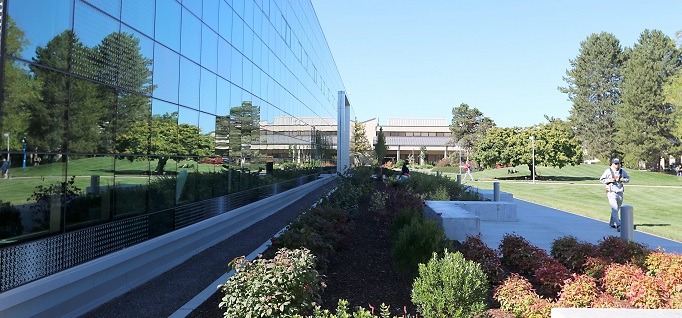Closing the gap for the migrant population
By AACC 21st Century Center Staff
June 18, 2020
A program at an Oregon college offers migrant and seasonal farmworkers educational and training opportunities.
Washington County in Oregon serves the has the largest migrant and seasonal farmworker population in the region — 26 percent of the state’s total migrant population. Migration and agricultural work often interrupt formal schooling. Portland Community College’s High School Equivalency Program (HEP) was created to help close that education gap.
HEP aims to improve the educational attainment and employment opportunities of migrant and seasonal farmworkers and their family members. Program participants not only work toward attaining their GED, they also commit to attaining it, as well as continue on to earn a college degree or training certificate, work toward an employment upgrade, or enter military service.
“HEP, given its program design, serves adult students in Spanish who, on average, have been out of school for 10 or more years and possess limited formal education,” Beto Espindola, HEP manager, explained in a recent PCC release. “It addresses their specific needs such as evening classes, tutoring, computer training, support services and other educational assistance. This experience is often the catalyst to filling the educational void and breaking the poverty cycle, particularly for the extended family.”
The program recently was recognized with a 5-year, $2.4 million grant from the U.S. Department of Education. The funding will allow HEP to serve 58 students annually and provide a wider array of services and activities, including academic and career advising, free high school equivalency instruction, a computer literacy course and tutoring and free GED exams. Participants also will receive cafeteria meals, transportation stipends and childcare subsidies. Those who attain their GED will receive an $800 college tuition waiver.
Outcome goals are that 69 percent of participants receive their GED annually and 80 percent of GED recipients transition to postsecondary education or training programs, upgraded employment or the military each year.
Is your college working with the migrant and seasonal farmworker population? Sound off at LinkedIn.



